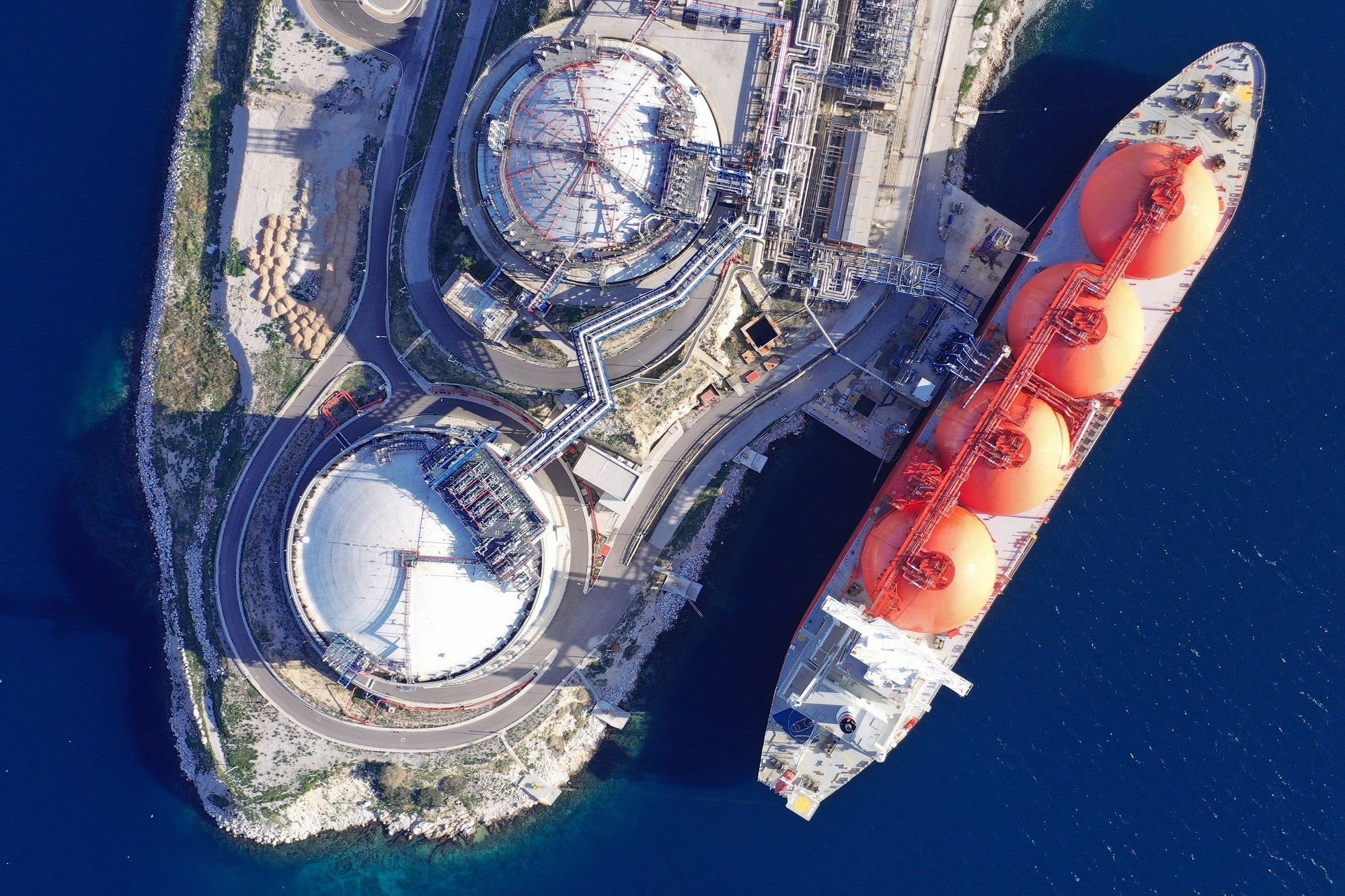
SOCAR Trading has commenced liquefied natural gas (LNG) trading in Singapore to cater to the rising demand in Asia, reported Reuters, citing SOCAR Trading CEO Mariam Almaszade.
The Baku, Azerbaijan-based company has onboarded an LNG trader, who is expected to start working soon.
Almaszade said the company has plans to hire more employees in Singapore.
“We are looking to increase our footprint in Asia,” the chief was quoted by the news agency as saying.
SOCAR Trading’s efforts to capture the Asian markets follow the expansion of its gas trading activities in Europe during the previous few years.
“[We are] looking to extend the same set-up in Asia,” said Almaszade.
How well do you really know your competitors?
Access the most comprehensive Company Profiles on the market, powered by GlobalData. Save hours of research. Gain competitive edge.

Thank you!
Your download email will arrive shortly
Not ready to buy yet? Download a free sample
We are confident about the unique quality of our Company Profiles. However, we want you to make the most beneficial decision for your business, so we offer a free sample that you can download by submitting the below form
By GlobalDataUnder an agreement with Pakistan, the business frequently supplies LNG cargoes to the country, Almaszade noted.
SOCAR is also considering investing in LNG-to-power projects throughout Asia.
It expects an upsurge in LNG demand after prices fell from record highs following Russia’s invasion of Ukraine.
“It was almost prohibitive for many countries to import LNG,” Almaszade added.
“Today’s LNG prices are at more reasonable levels, so we see more people coming back to try to switch to gas.”
As prices have decreased, LNG buyers in Asia, particularly emerging countries, have expanded their spot purchasing activities, the report said.
With the opening of import terminals this year, Vietnam and the Philippines are the newest participants in the global LNG market.
Almaszade stated that the company has a long-standing, reliable partnership with Vietnam for crude oil trade.
Vietnam could purchase more LNG to support its industrial growth, but price will be a key factor, Almaszade noted.
“Vietnam has well-developed gas industry and infrastructure, but importing gas will pose new challenges and create exposure to global markets,” she said.
After selling a cargo to Taiwanese refiner CPC Corp last year, the state-owned trading company is also considering offering crude and LNG cargoes matched with carbon offsets to clients in Asia, she said.



